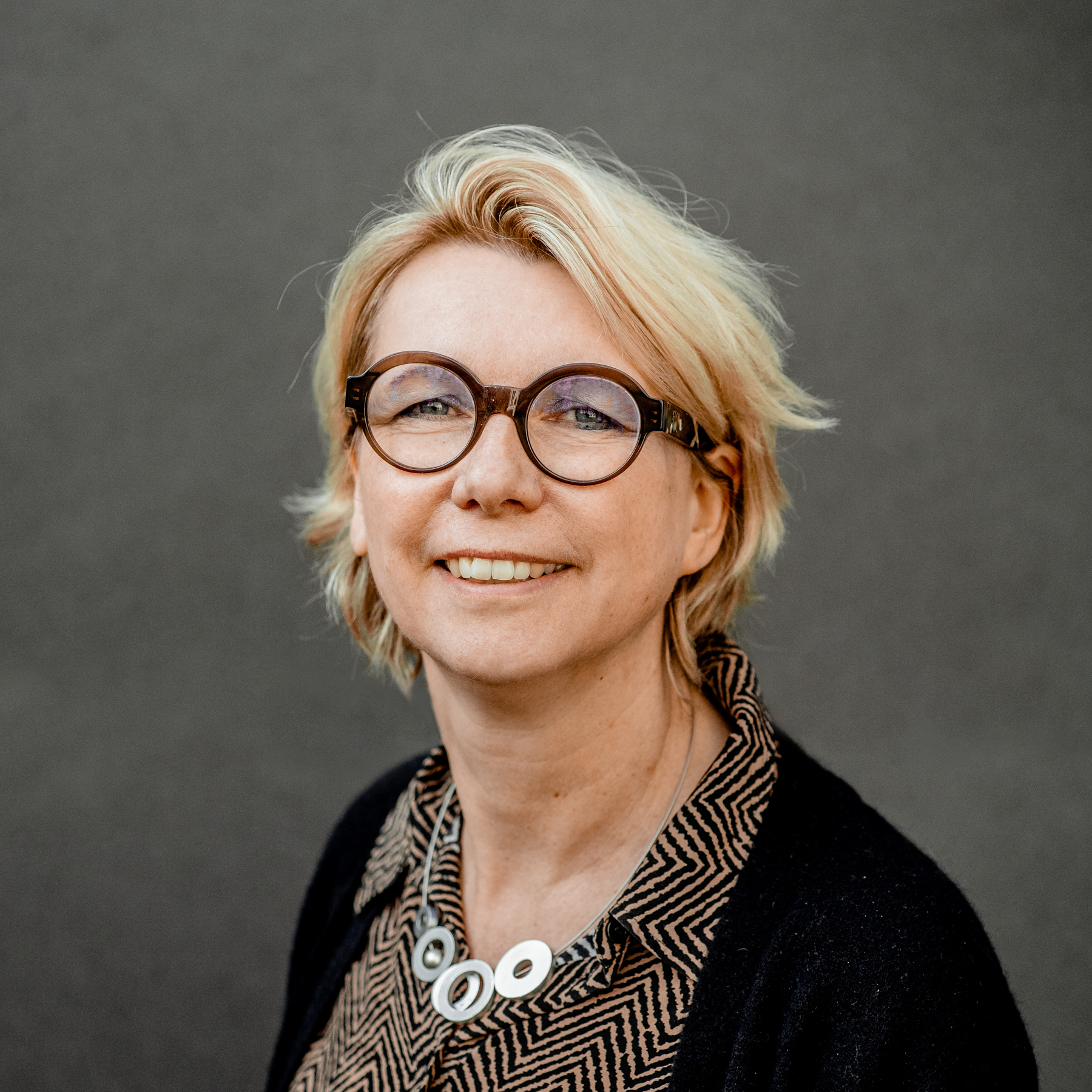Subproject 9
Dynamic updating of beliefs in obsessive-compulsive disorder: Influence of confidence and disorder-specific context
Project PIs:
|
|
|
| Prof. Dr. Cornelia Exner | Prof. Dr. Anja Riesel |
| Post-doc Researcher: | PhD-Student: |
 |
|
| Dr. Franziska Kirsch | Felix Büch |
The ability to adjust our mental representations in an unstable and uncertain environment (dynamic belief updating) is one of the most basic cognitive functions of our brain and forms the foundation for goal-directed behavior. People with obsessive-compulsive disorder (OCD) have difficulty recognizing patterns in complex environments and maintaining or restoring a sense of security, especially in situations that are subjectively very important to them. In an environment perceived as extremely volatile and unpredictable, individuals with OCD might resort to compensatory behaviors, such as repetitive mental and behavioral rituals, to avoid harm.
In our subproject, researchers from the universities of Leipzig and Hamburg study how people with OCD learn in uncertain and changing environments. We use variants of a special change point task developed by our Research Unit, focusing particularly on the influence of subjective confidence and disorder-specific emotional contexts. Neural responses will be measured using EEG, and arousal responses will be recorded through pupillary reactions. We will link the neurocognitive mechanisms of dynamic belief updating and arousal to general clinical features and specific traits of OCD.
Our findings will provide a detailed description of the information processing deficits in people with OCD when learning under uncertainty, and will show how these deficits relate to psychopathological, psychophysiological (arousal), and neural characteristics.


